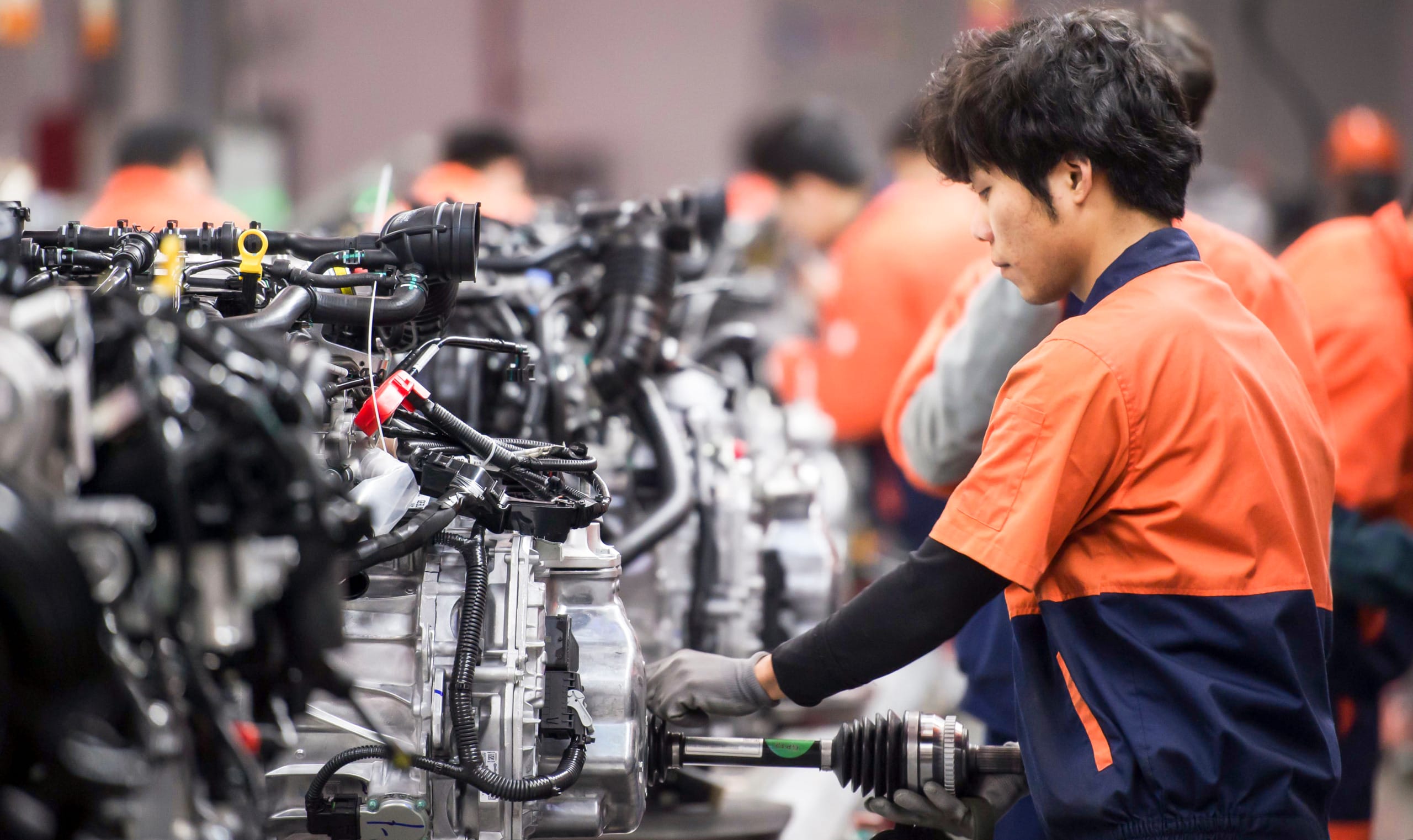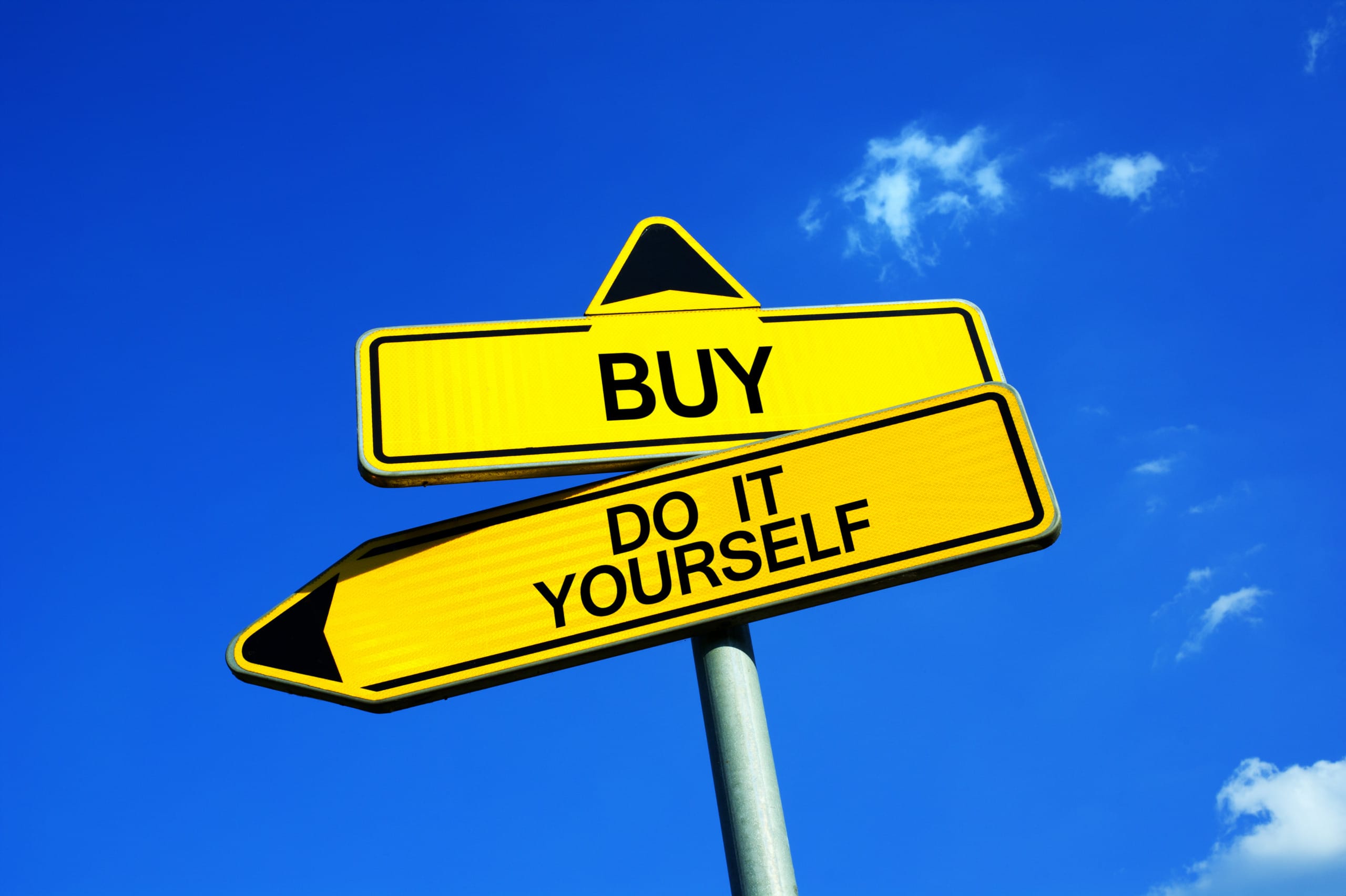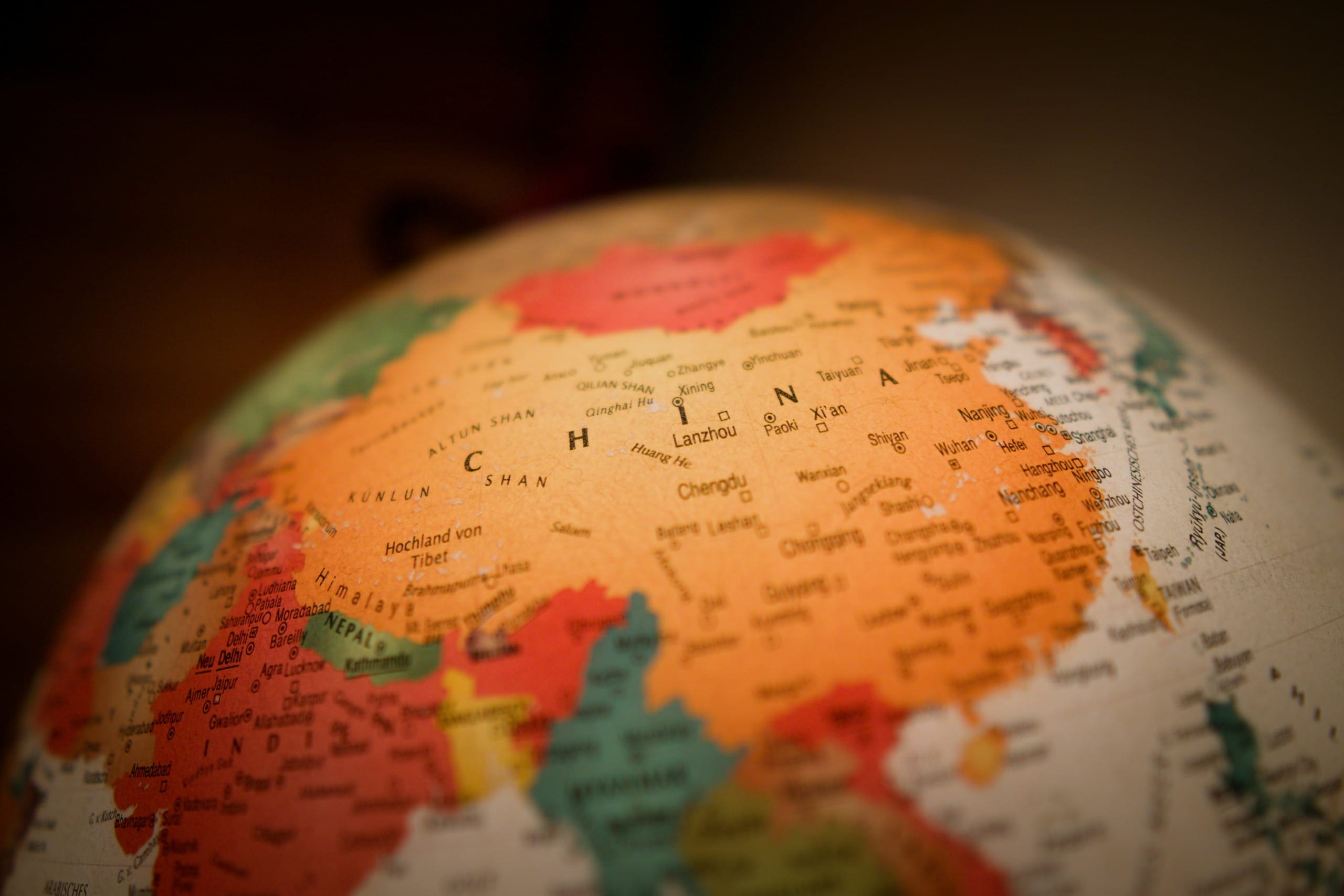Tualatin firm finds that outsourcing leads to growth
The Portland Business Journal – May 19, 2006
by Sean Meyers
Special to the Business Journal
Finally, a story about outsourcing to China that even a labor official might love.
In the late 1990s, Sure Power Inc., a longtime Tualatin designer and manufacturer of vehicle electronics, was feeling heat from customers and pressure from the market to simultaneously reduce product price and dramatically increase quality.
Like many other U.S. manufacturers caught in a similar bind, Sure Power turned to China. That’s nothing new, but the results of the effort might surprise some opponents of outsourcing.
“I can’t attribute a single layoff to outsourcing to China,” says Steve Scheidler, Sure Power president. “In fact, the result has been just the opposite.”
Local employment has increased 53 percent to about 160 and taxes paid to the state of Oregon have increased by 204 percent, not counting additional income taxes paid by the new employees. Sales are up 188 percent. Why? Outsourcing portions of manufacturing have freed up more of the company’s 115,000 square feet for research and development, he says. That has made the Tualatin location more competitive by making new products easier to build.
Outsourcing has improved cash flow and allowed Sure Power to better manage resources. “The purpose in going to China was not to shutter our factory. Our customers were compelling us to get aggressive on price and design,” Scheidler adds. “It’s allowed us to compete and gain business we may not otherwise have received [and] gives our customers a perceived best-cost opportunity even if that savings is not real or is insignificant.”
Going global may be the most important decision in the 47-year history of the company. “When you step back and take a look at the globe, doing business in another country today is not that much more complicated than doing business in an adjacent county,” he says.
“Really, what’s the sense in building an expensive new factory when there’s so much factory capacity already available around the world? I think we need to quit being afraid of outsourcing. The U.S. is the No. 1 economy in the world for a reason. We might take a hit, but we bounce back.”
Sure Power produces about 1 million parts annually, mostly for use on heavy truck, military, bus, marine and other nonpassenger vehicles. His father, Ralph, started the company by inventing a “battery isolator” that prevents the direct current electrical systems in boats and recreational vehicles from discharging when not in use. The product is still widely used today. Next stop? Outsourcing projects to Eastern Europe, but it’s still in the early development stages, Scheidler says. “I think it would be a good way to break into the market and get them to buy our products.”
Scheidler got the advice he needed to establish a foothold in China from suppliers that made referrals and from other manufacturers “who had already been there, done that.” He says he doesn’t know of any other manufacturers who have increased local employment while outsourcing to China.
What assistance would Scheidler like to see from government agencies for companies that want to outsource?
“I’m not the kind of guy who looks to the government for any help,” he says. “I’m not trying to be negative, but my feeling is, ‘Just stay out of the way.’”
So far, the government has been doing a pretty good job of that, says David Alexander, president of BaySource, a Tampa Bay, Fla., consulting firm that specializes in manufacturing in China. “The only assistance that I’ve seen provided to U.S. manufacturers that want to set up projects overseas, at any level of government, is by providing general information on trade.”
Many small or midsized manufacturers turn to a consultant to speed the process and to reduce setup costs, he says. A company that sends a fact-finding mission to China will spend an absolute minimum of $5,000 per person, with $8,000 to $10,000 being a more realistic figure, he says.
Alexander has daily contact with two very large Chinese manufacturing companies that often have the part an American manufacturer needs already sitting on the shelf. If they don’t have it stocked, they can often design and cast a new part and crank up production within a week, he says.
That’s an incredible turnaround time compared with a typical American manufacturing environment, says Alexander, who previously ran a U.S. factory that produced a famous brand of hair and beauty products.
Outsourcing is helping U.S. manufacturers improve efficiency, quality and profits, and stories like Sure Power’s are not as rare as people think, Alexander says. “We’re not looking to shut down factories. We’re in business to help companies stay in business.”




Follow Us